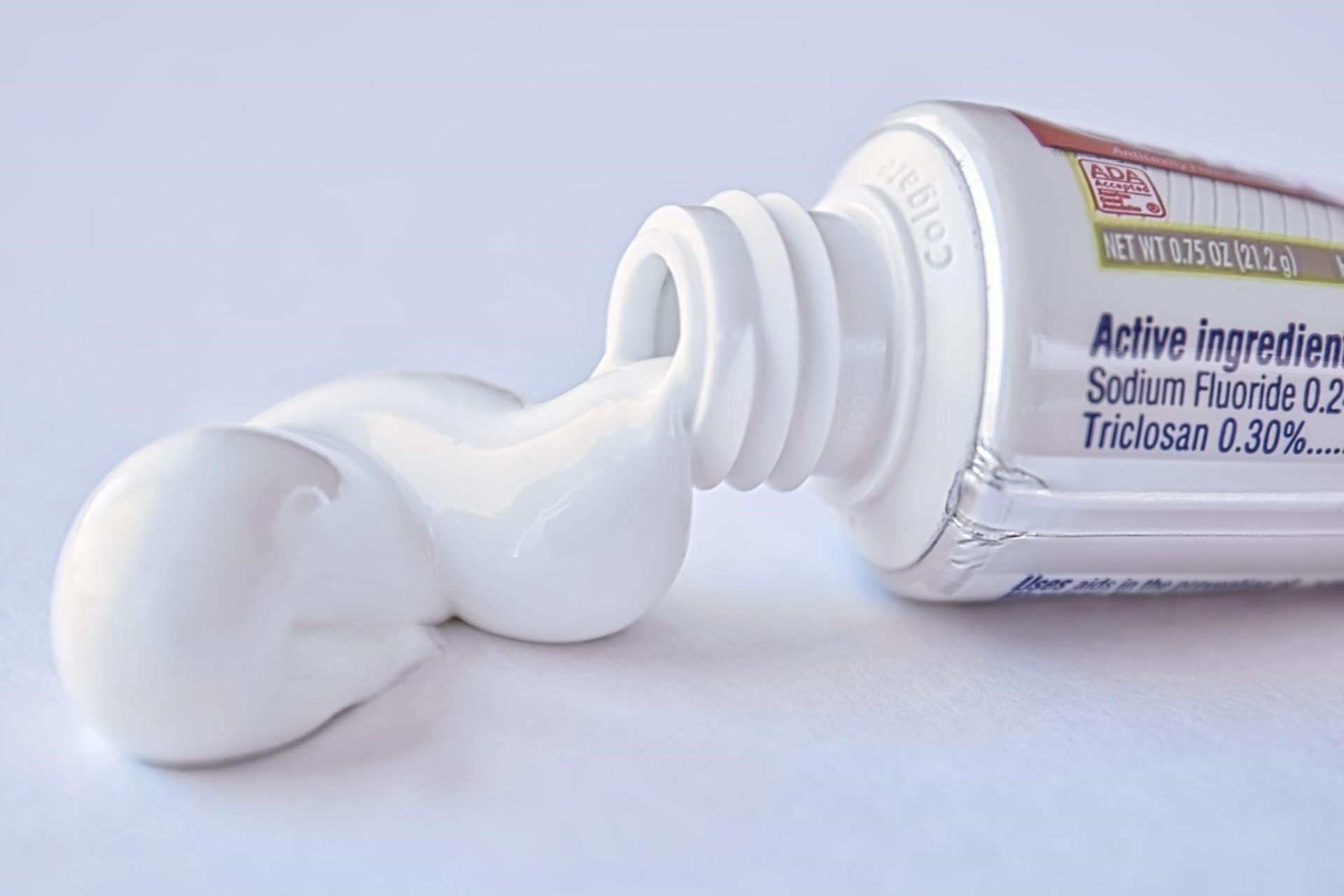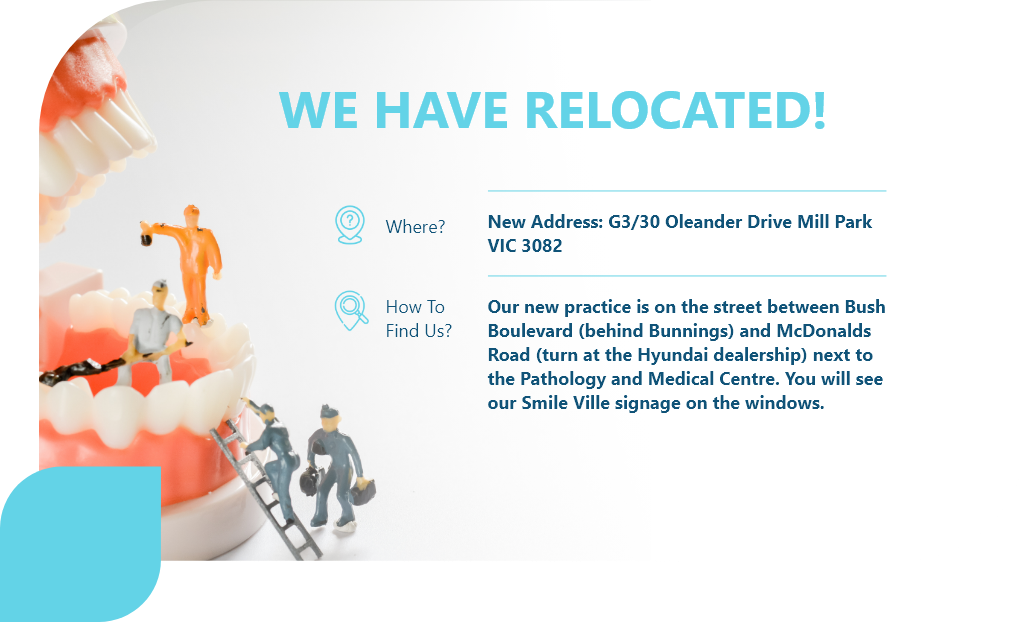What is fluoride?
Fluoride is a naturally occurring mineral known to boost good oral health. It is typically found in some foods and the soil. They can also be found in most water forms like rivers, deep well, oceans and lakes.
Sadly, fluoride in food is not enough to keep up with the needed amount to ensure teeth protection. This is why most kinds of toothpaste and mouthwashes are mixed with a good amount of fluoride concentrates.
Let’s read through the information below to understand how fluoride works.
What is the role of fluoride in teeth development?
1. Prevent Cavities
The primary role of fluoride in teeth development is to make sure that the teeth are protected from cavities. It helps to brush an infant’s gums even if their teeth erupt. When children are exposed to fluoride at an early age, it is less likely for them to develop cavities.
The continued use of fluoride toothpaste can also help maintain a good level of fluoride in the teeth. You can also include some fluoride-rich foods in your daily diet, such as grapes, potatoes, crabs, coffee, spinach and shrimp.
2. Harden the Tooth Surface
Fluoride plays an important role in hardening the surfaces of your teeth, known as the enamel. This is the outer covering of the teeth that protects them from cracking, chipping and breaking. When your teeth enamel is fluoride fortified, dental carries are less likely to form.
3. Protection from Tooth Decay
The mouth is in constant struggle with acid and bacteria attacks. When you eat a variety of foods or when you simply shut out your mouth while you concentrate on work, acid and bacteria continuously accumulate and attack your teeth, gums and other mouth structures.
Getting a good amount of fluoride can help protect you from tooth decay. This is because fluoride is an ion of fluorine that is absorbed by the teeth which keeps tooth decay from developing.
4. Remineralise weakened Teeth
At some point in a person’s life, his or her teeth may go through demineralisation. This is when the enamel of your teeth loses all the minerals that cause it to harden and prevent cavities from forming. If the teeth are demineralised, they are more prone to a lot of dental issues that may warrant tooth loss or deterioration.
When the enamel of your teeth begins to wear off, it may be best to remineralise your weakened teeth. This can be done by booking an appointment with your dentist and scheduling a fluoride treatment. In some cases, you may ask your dentist to prescribe some fluoride supplements.
5. Safeguard Against Harmful Acids
Food and beverages are sources of acid accumulation in the mouth. Acids tend to soften the teeth enamel which may lead to dental issues. After eating, it may be best to drink water, preferably mineral water, to boost the fluoride in your teeth.
The fluoride acts as a protective shield against harmful bacteria and acids that attack your teeth, gums and mouth. It helps rebuild the enamel of your teeth while making sure that causes of tooth decay and cavities are kept at bay.
6. Natural Preventive Dental Care
Lastly, fluoride works to naturally prevent dental problems from happening. Always remember that prevention is better than cure. Fluoride can reverse tiny cavities and make your teeth stronger and cavity-resistant.
Is fluoride safe?
Fluoride is one of the safest minerals found in water, food, toothpaste and mouthwash. Although too much of it may result in dental fluorosis, it is not poisonous. Neither will it render adverse effects on the body.
Dental fluorosis is the condition where too much fluoride impacts the colour of the teeth. It appears like white spots or stains on the teeth’s surface. When this happens you may visit your dental care provider and ask for the most ideal treatment.
How can I make sure I get the right amount of fluoride?
Here are some pointers to make sure you are getting the right amount of fluoride:
- Visit your dentist at least twice a year and have your teeth checked;
- Ask your dentist about fluoride supplements and if they are right for you;
- Follow the DOs and DON’Ts of teeth enamel care guidelines that your dentist will provide;
- Confirm from your dentist if fluoride toothpaste is a must;
- Brush your teeth at least twice a day using a pea-sized amount of fluoride toothpaste;
- Ask your dentist how often should you get a fluoride treatment; usually high concentration of fluoride is applied most of the time after dental cleaning
- If you are thirsty, opt to drink a glass of water than highly-acidic and sugary beverages;
- Eat some fluoride-rich foods at least twice a week;
- Have a glass of milk fortified with vitamin D every day; and
- Ask your dental provider for fluoride paint home kits but make sure to diligently follow the instructions on proper application.
Oral health can greatly impact your overall health. It is best to keep your teeth strong and healthy to prevent severe dental problems from happening. It also helps to maintain the fluoride in your teeth and say goodbye to tooth decay.
Contact Smile Ville today to boost your oral health!





